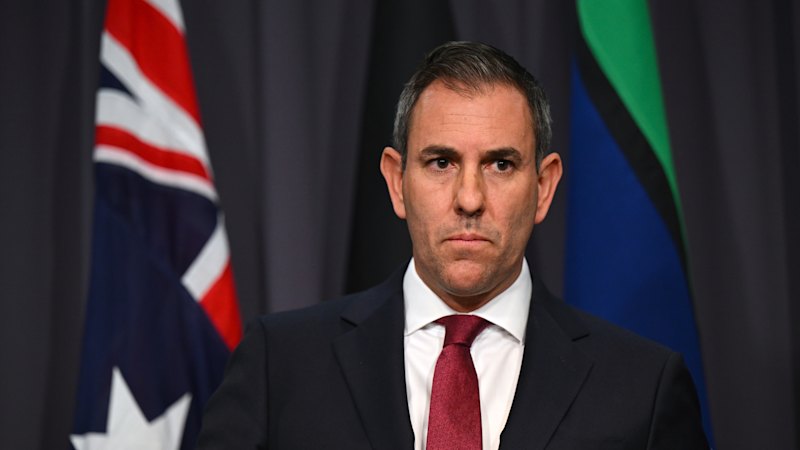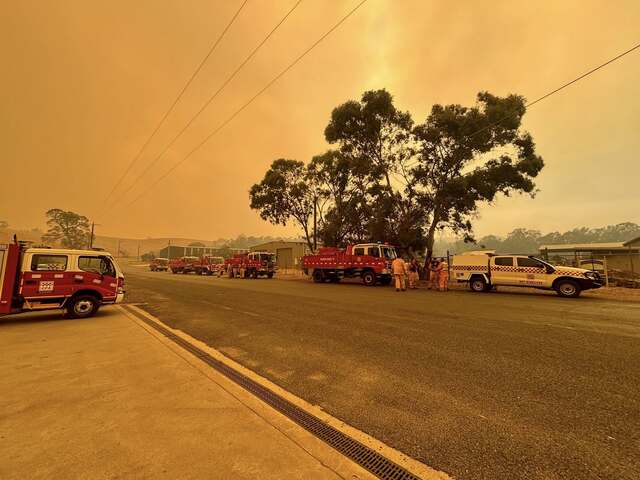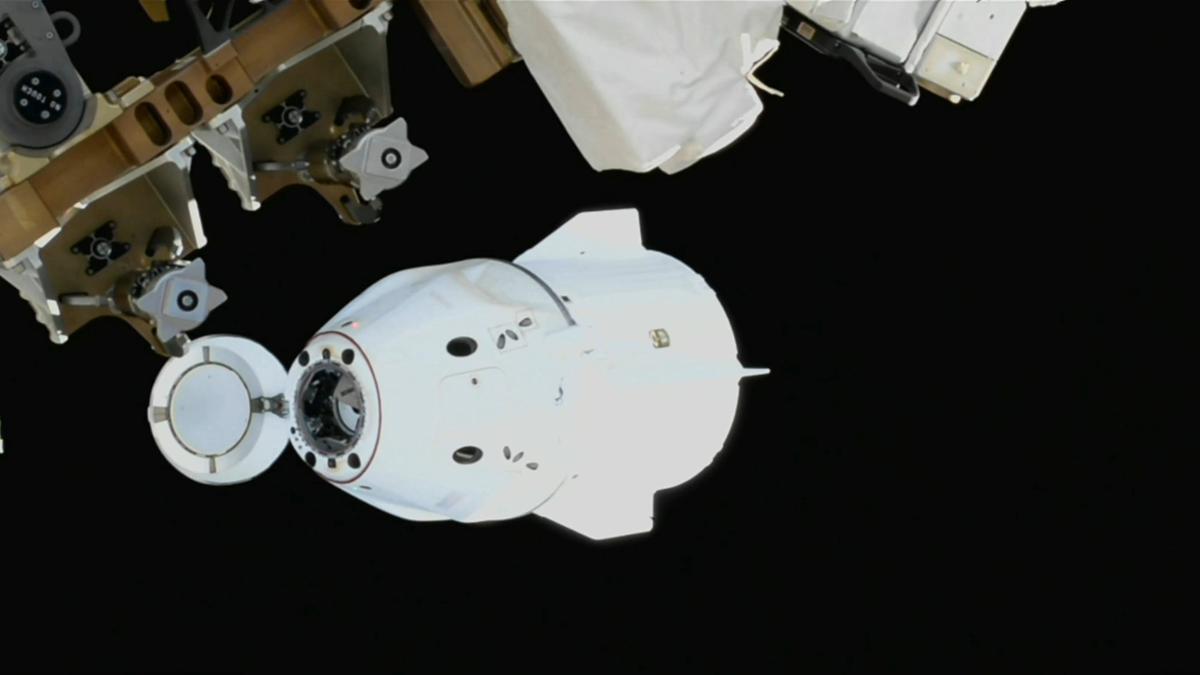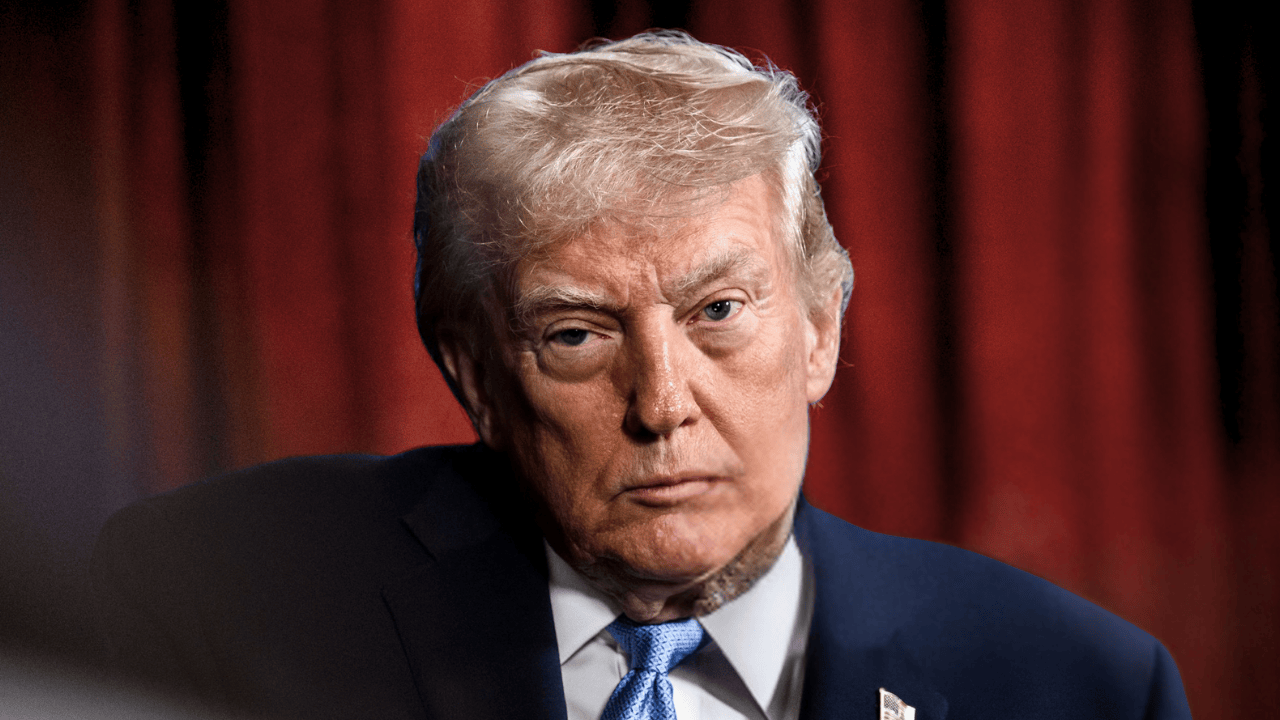
Australian officials are urgently examining the implications of a proposed 200 percent tariff on pharmaceutical imports, which could affect over $2 billion in Australian goods annually. This escalation in trade tensions comes from US President Donald Trump, who has indicated plans to implement this significant tariff as part of a broader strategy in his ongoing trade war.
During a recent cabinet meeting, Trump discussed the potential for a 50 percent duty on copper imports while threatening severe tariffs on foreign-made pharmaceutical products. “They’re going to be tariffed at a very, very high rate, like 200 percent,” he stated, adding that manufacturers would have a grace period to prepare for the new duties. The pharmaceutical sector represents the third-largest export category from Australia to the US, valued at approximately $1.3 billion annually and including significant exports from major biotech firms like CSL.
In response to these developments, Treasurer Jim Chalmers reiterated Australia’s commitment to its Pharmaceutical Benefits Scheme (PBS), which subsidizes medications and secures discounts through bulk purchasing. Chalmers emphasized, “Our Pharmaceutical Benefits Scheme is not something that we’re willing to trade away or do deals on.” He made these statements on ABC Radio National Breakfast, highlighting the PBS’s critical role in providing affordable healthcare to Australians.
Chalmers pointed out that while Australian copper exports to the US are minimal—accounting for less than 1 percent of total trade—the pharmaceutical sector is significantly more vulnerable to American market fluctuations. The PBS, which cost Australian taxpayers $17.7 billion last year, allows citizens to purchase essential medications at reduced prices, with some prescriptions costing as little as $31.60 after government negotiations.
The American pharmaceutical industry has expressed strong discontent with the PBS, labeling it as “egregious and discriminatory.” The Pharmaceutical Research and Manufacturers of America, the industry’s lobbying group, has called for punitive tariffs on Australia due to the perceived anti-competitive nature of the PBS. Following Trump’s remarks, shares of major pharmaceutical companies, including Eli Lilly, Merck, and Pfizer, experienced a decline.
In addition to pharmaceuticals, Trump’s proposed tariffs could impact the copper market, which has been a point of contention due to its significance in the US economy. Commerce Secretary Howard Lutnick indicated that investigations into copper tariffs are nearing completion, with implementation expected by the end of July or early August. This move could disrupt an industry that has relied on both local production and imports from key trading partners.
The ongoing tariff discussions have raised concerns among industry stakeholders about the potential impact on supply chains and drug availability in the US. Trump’s stance on pharmaceuticals aligns with his broader trade agenda, which aims to bolster domestic production while reducing reliance on foreign imports. As negotiations unfold, Australian officials continue to monitor developments closely, seeking to protect their pharmaceutical industry from the adverse effects of proposed tariffs.
This situation underscores the delicate balance between international trade relations and domestic healthcare policies, with significant implications for both Australian exporters and American consumers. The outcome of these negotiations could reshape the landscape of pharmaceutical pricing and availability in the US, adding to the complexity of an already contentious trade environment.







